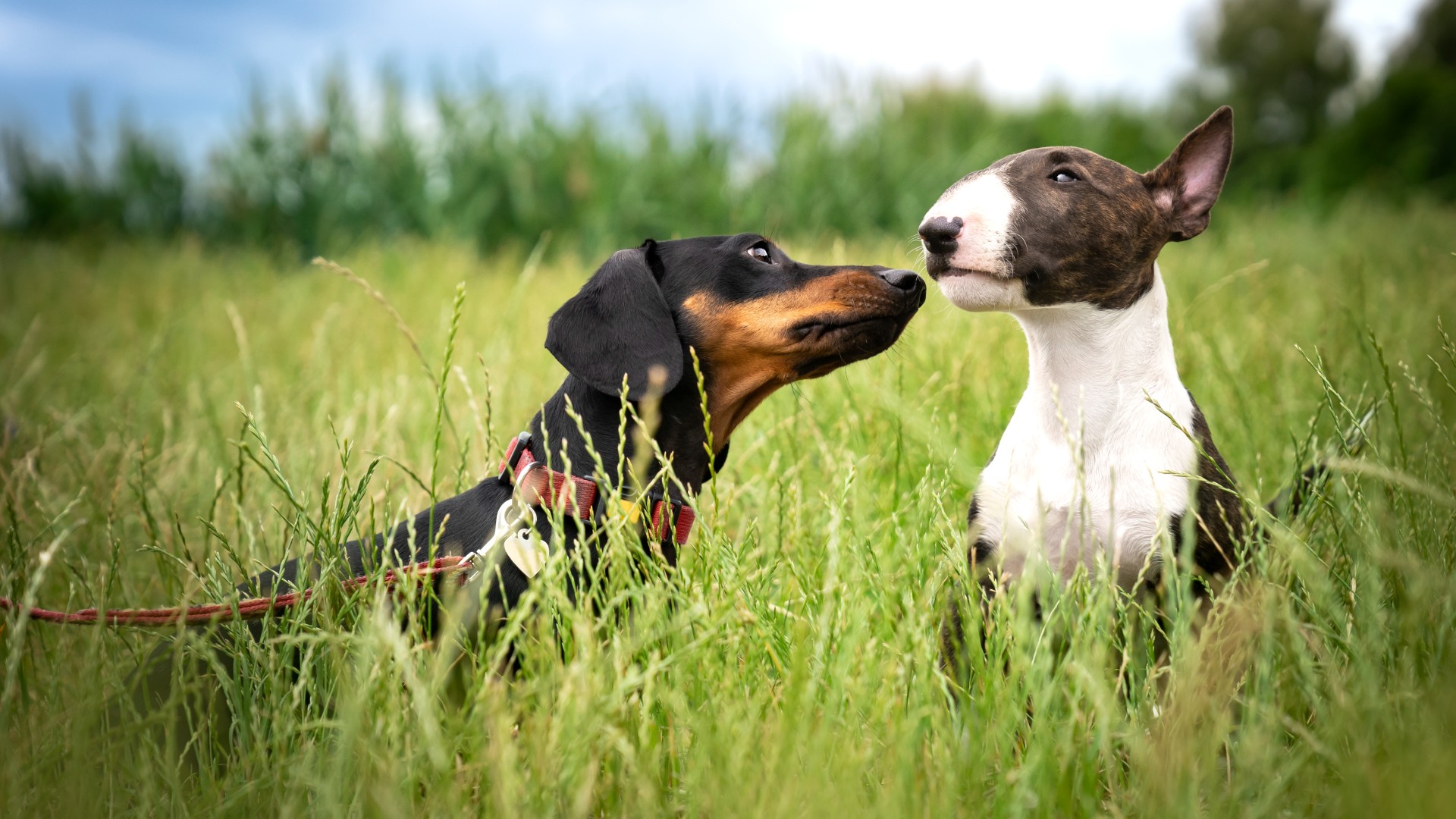
If you're anything like most pet parents, you may worry that if your puppy isn't well socialized within the first few months of their life, that there's no chance of helping them learn how to behave well when they get a bit older.
But before you resign yourself to a life spent reading up on how to deal with a badly behaved dog, we have good news — socialization doesn't stop when your puppy reaches adolescence.
In fact, according to expert trainer Amelia Steele, you'll want to keep the best dog treats front and center as your canine companion becomes a teenager because socializing them during this stage of their life is super important.
"As your dog progresses through their adolescent or “teenage” phase, it’s really important to continue socializing them in the right way," says Steele, adding, "emphasis on the right way!"
So, what exactly does the 'right way' look like? Read on to find out!
Steele says there's a common mistake we often make when it comes to socializing our dog's that can end up creating problems, rather than alleviating them.
"So many people think socialization means letting their dog meet or play with loads of other dogs, but taking that approach can actually lead to more long term issues including reactivity (barking or lunging at other dogs)," Steele explains.
To socialize your adolescent dog correctly, it's important to strike a balance between letting them greet other dogs and letting them observe other pups in their environment without any interaction occurring.
"A really good exercise is to hang back and simply reward your dog for watching other dogs calmly," says Steele.
While puppyhood is important, the adolescent stage is just as key when it comes to helping your dog learn new skills and behaviors and being proactive with your training during this time can prevent issues from developing down the line.
"If your dog is between six months and two years old, you actually have an amazing opportunity to set your dog up to be successful for the rest of their life," Steele explains.
Training any new skill or behavior, takes time, patience and consistency — and socializing your dog is no exception!
If you'd like some useful tips to help you with training in other areas, check out our guides to the most common loose leash walking mistakes (and how to avoid them) and how to stop a dog from jumping up.







